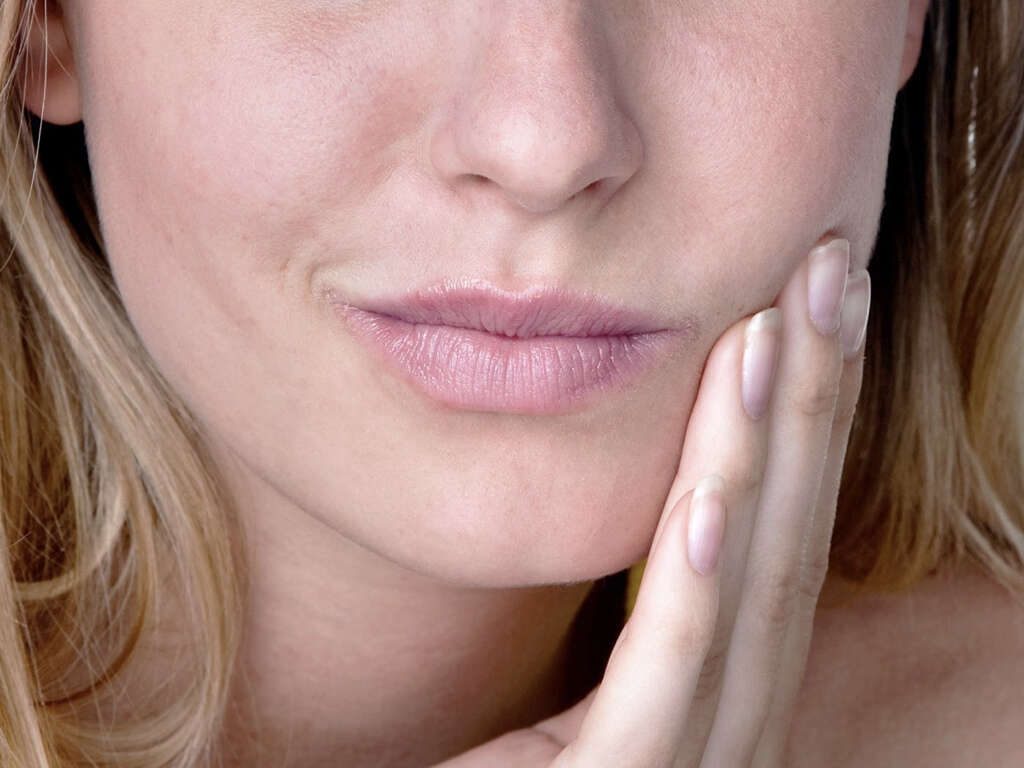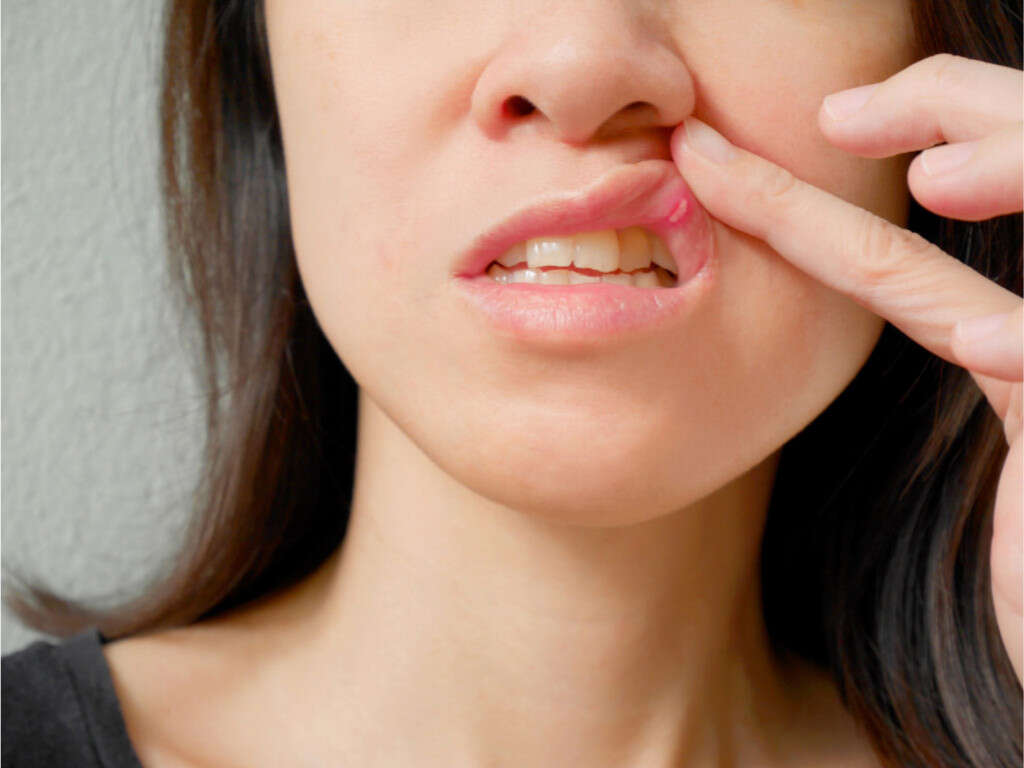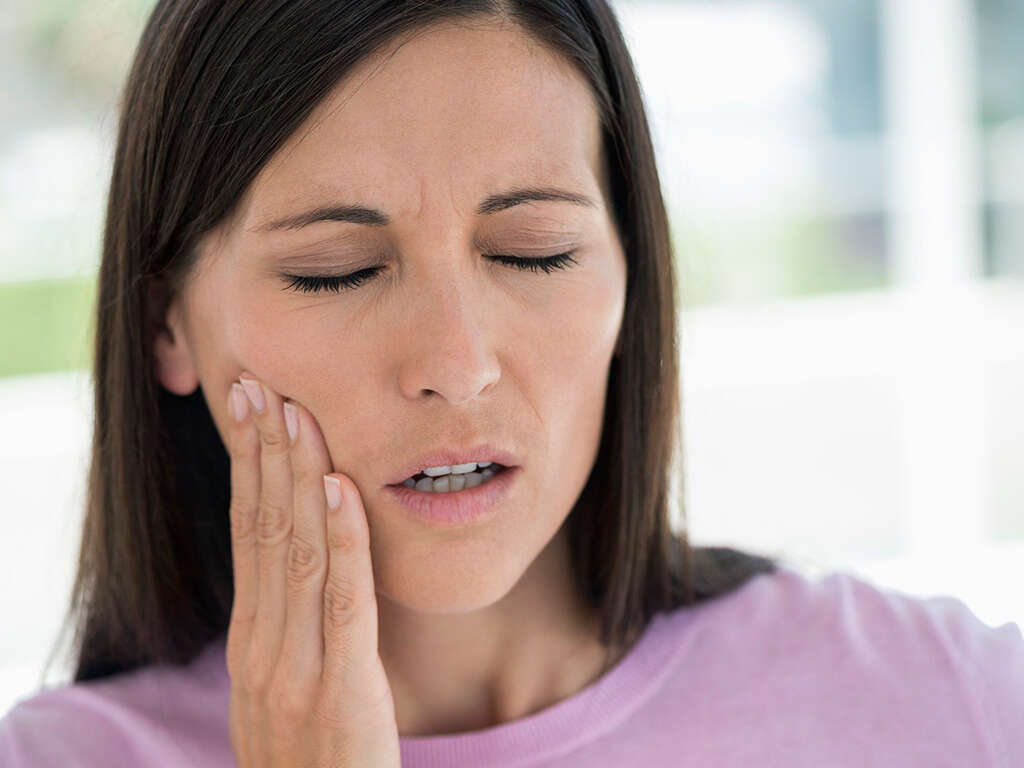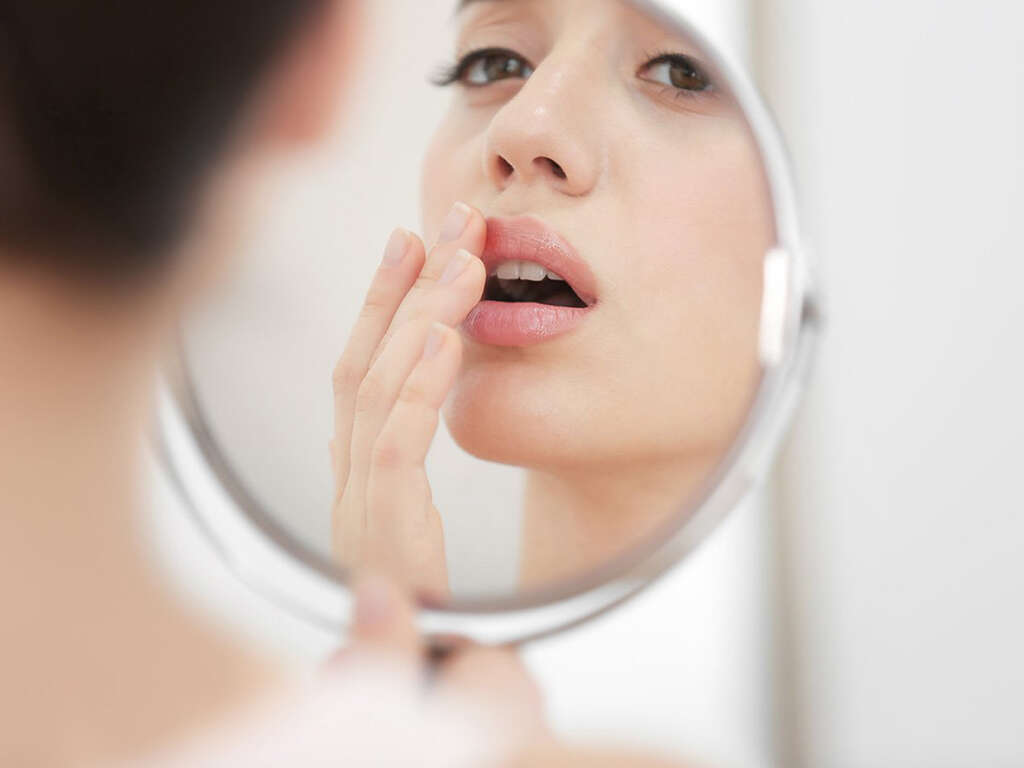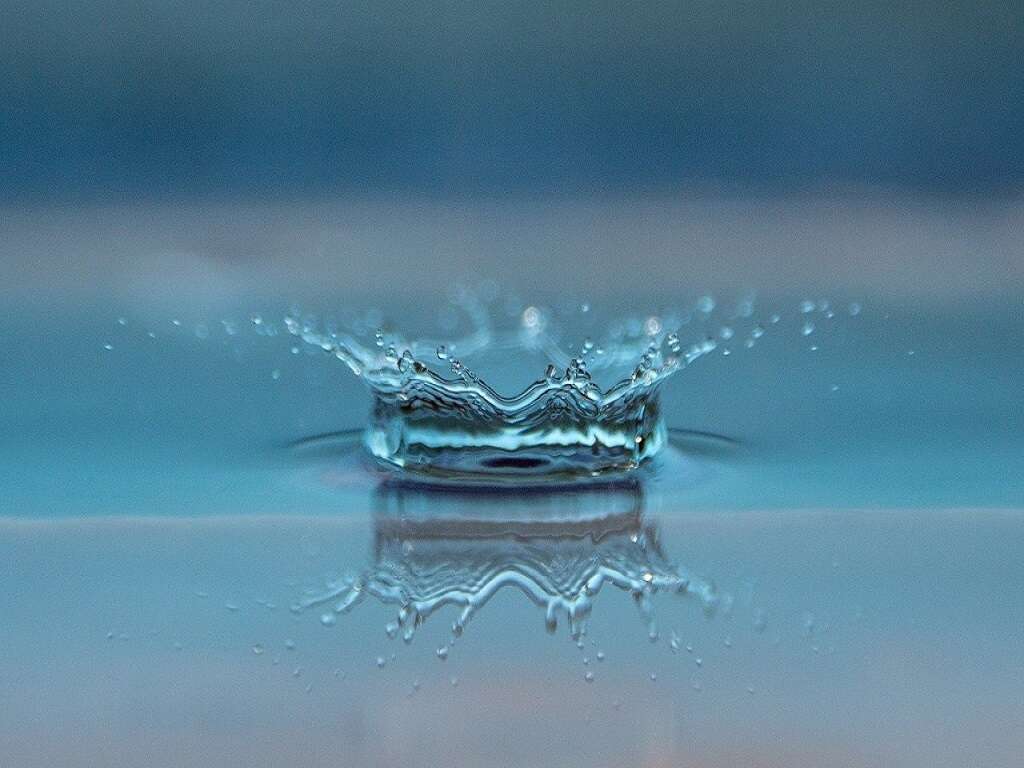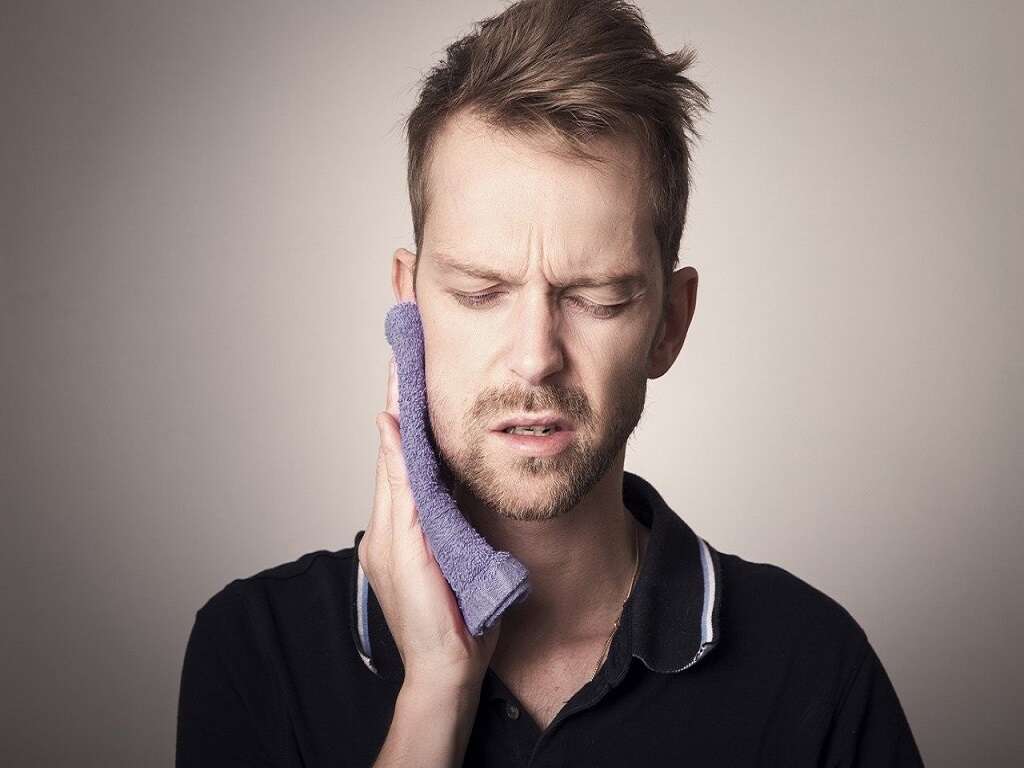10 Cold Sores Symptoms
Cold sores, also called fever blisters, are a common infection around the mouth. They're usually caused by herpes simplex virus type 1 (HSV-1) and less commonly herpes simplex virus type 2 (HSV-2). The National Institutes of Health estimates that by age 50, nearly 90 percent of all adults have been exposed to the virus. There's no cure for HSV-1.
For some individuals, the infection stays dormant and never causes an issue. However, others can experience reoccurring cold sore symptoms periodically throughout their lifetime. Signs of herpes simplex virus type 1 vary from flu-like symptoms to lesions, pain and itchiness.1‘Articles.’ Cedars, www.cedars-sinai.org/health-library/diseases-and-conditions/c/cold-sores.html,2‘Oral Herpes.’ Johns Hopkins Medicine, www.hopkinsmedicine.org/health/conditions-and-diseases/herpes-hsv1-and-hsv2/oral-herpes
Lip Swelling
Lip swelling from cold sores is a typical inflammatory reaction during the initial phase of infection. After the area begins to swell and turn red, a cluster of small blisters form. These blisters are sometimes found on the lip and the skin around the mouth. HSV-1 sores can also form inside the mouth, around the nose or cheeks. These sores appear in the first 24 hours.
To reduce the discomfort, apply a cool, wet towel to the area for about 20 minutes, up to three times per day. Individuals with cold sores can also use ice wrapped in a towel.

Mouth or Tongue Pain
Individuals can develop blisters inside their mouth, including on the tongue. Similar to how the sores start on the outside of the mouth, they begin on the tongue. People may notice swelling and pain internally before the sores form.
Cold sore symptoms on the tongue might be more aggravating than external ones. Home care involves gargling with warm salt water and avoiding spicy and salty foods that are high in acid, as they might worsen the blisters.
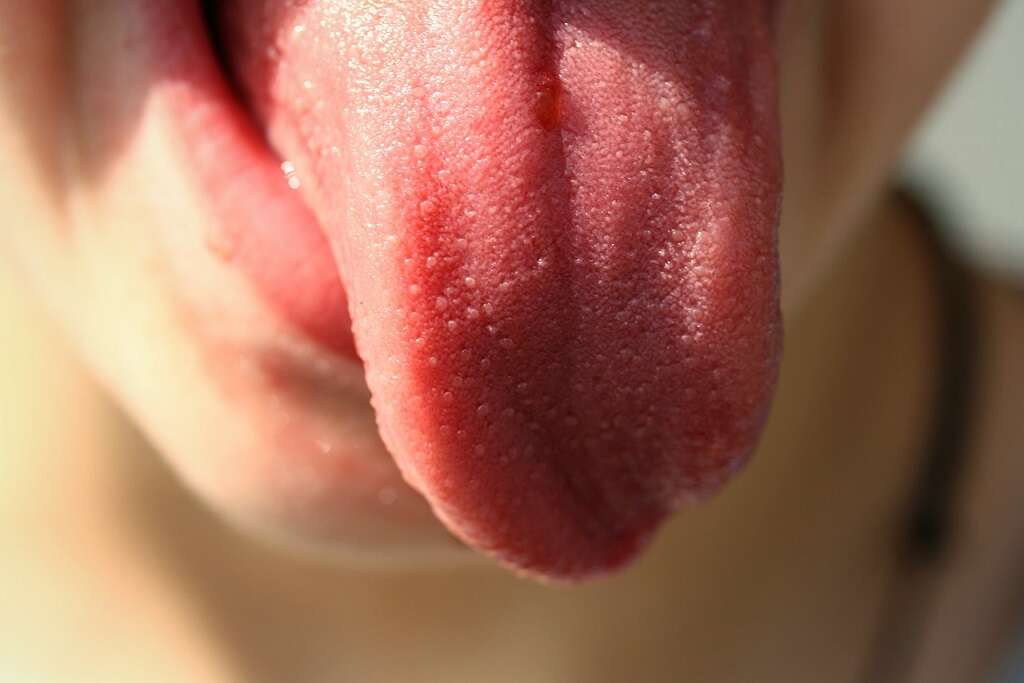
Tingling
Tingling is typically one of the first symptoms of HSV-1. The body's reaction to the initial infection stages might accompany other signs, such as itching, burning, swelling, redness and pain.
A few days after the tingling starts, blister clusters start to develop. People might notice the skin area under the sores is red and inflamed. Individuals may want to manage these symptoms with over-the-counter medications before the blisters develop to reduce the severity of the occurrence.
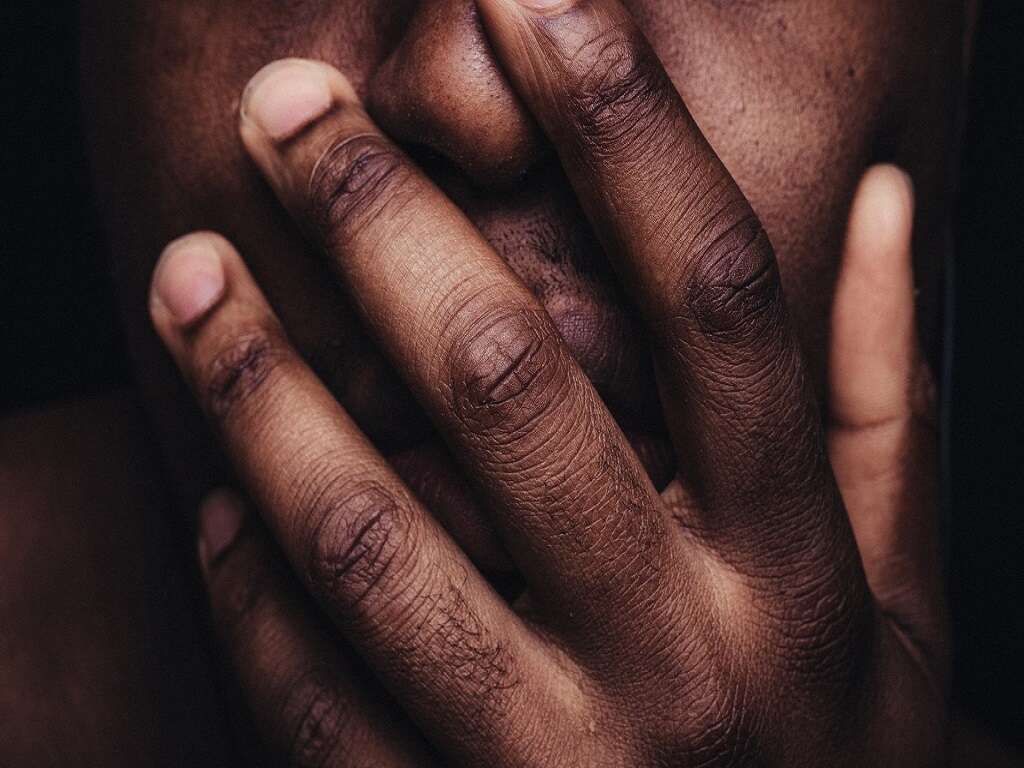
Small Lesions
Small lesions or blisters developing around the mouth area are the first cold sore symptoms most individuals notice. These blister clusters can form on the outside or inside of the lip, on the tongue and/or the inside of the mouth.
One or more of the sores might contain clear fluid that can burst and crust over, and the skin around the blisters can appear red and swollen. For external lesions, a topical solution might reduce discomfort.
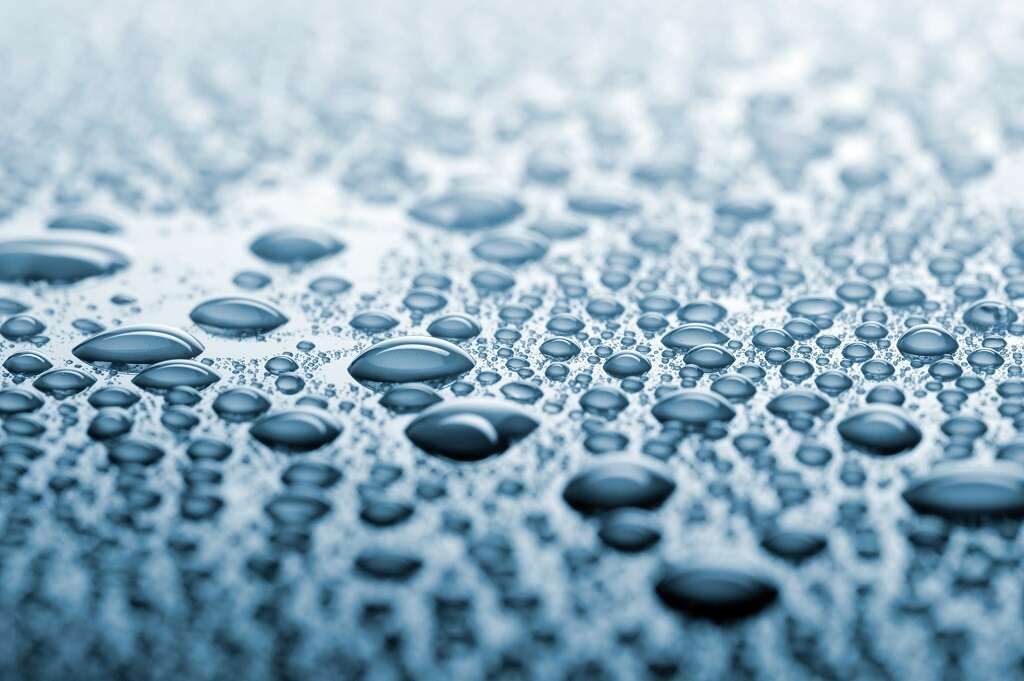
Itching
Before and after the lesions develop, individuals with HSV-1 may experience an itching sensation around the blister and in the surrounding area. This cold sore symptom might be the result of dry and irritated skin.
Itching can also occur with lesions inside the mouth and on the tongue. To reduce itching and discomfort, keep the area moist. Try to avoid itching and scratching the sore open, which could result in an infection.
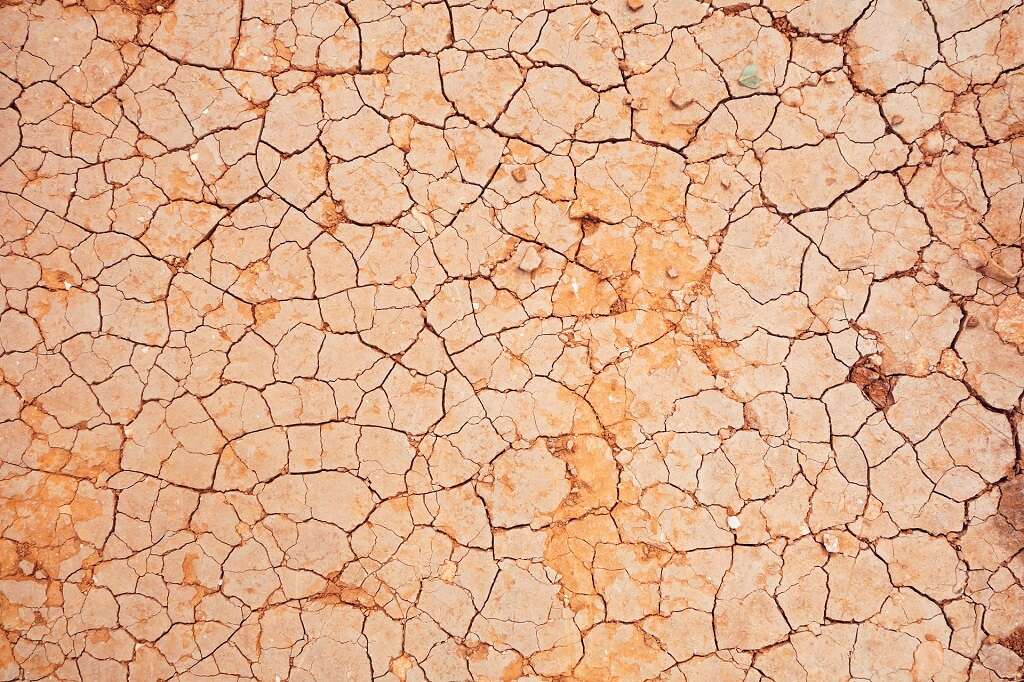
Dryness
After the blister forms, it can start to feel dry. The area around the lesion might also itch and appear red and swollen. The best way to reduce dry, itchy and irritated skin is to keep it moist.
Dryness may also increase the pain and discomfort that sometimes accompanies cold sore symptoms. Applying an over-the-counter medicine or prescription drug for HSV-1 might help keep the area moist and reduce redness and itching.

Swollen Lymph Nodes
Herpes simplex virus type 1 is an infection. The first viral response from a person's body might cause the most unpleasant symptoms, such as swollen lymph nodes.
Other cold sore symptoms can include a fever and sluggishness before the tingling in the lips starts and lesions form. After the first outbreak clears up, later reoccurrences can result from cold wind and sun exposure, the common cold, hormonal changes and stress.
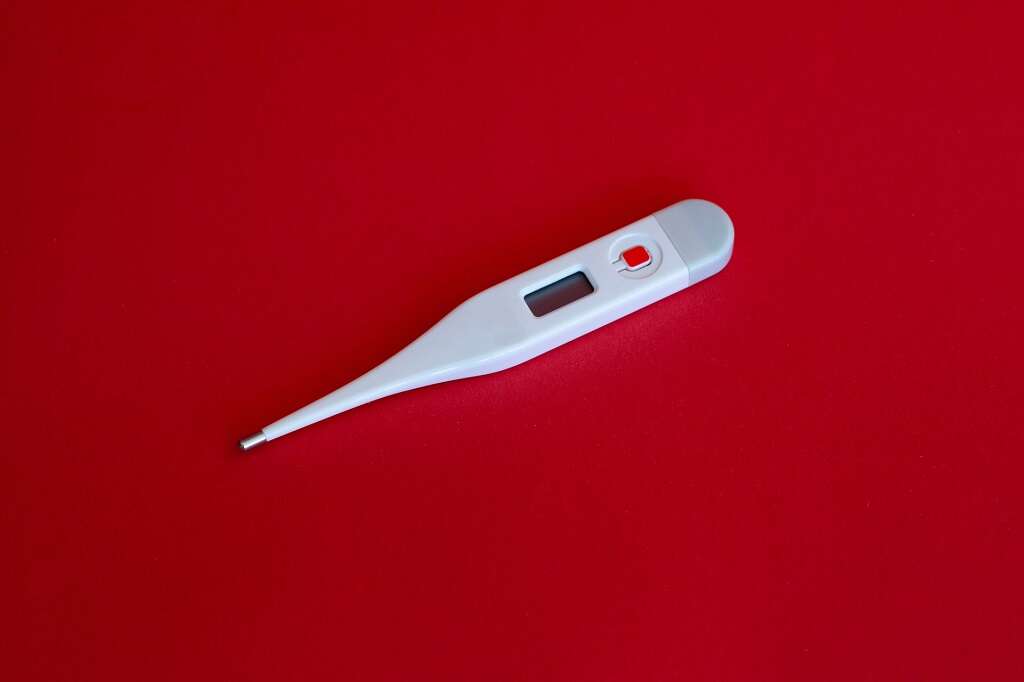
Flu-Like Symptoms
Some people can experience unpleasant flu-like symptoms, such as a fever, body aches, chills, headaches and tiredness. Blisters can form around the mouth, under the nose and on the tongue at this time.
Management involves reducing the flu-like symptoms with over-the-counter cold and flu medications and nonsteroidal anti-inflammatory drugs, or NSAIDs, for fever relief, as well as drinking plenty of fluids and getting ample rest. Applying moisture and topical medicine to the blisters can also help.

Pink Skin
The cluster of blisters should heal on their own in one to three weeks. Once the blisters are gone, the skin underneath will have a pink appearance. This discoloration slowly fades on its own.
Most cold sores won't leave a scar. However, individuals that pick at the blisters or itch them excessively might experience some minor scarring. Avoid activities that aggravate the blisters, such as aggressively washing or rubbing against a collar or similar clothing type, to prevent permanent damage.
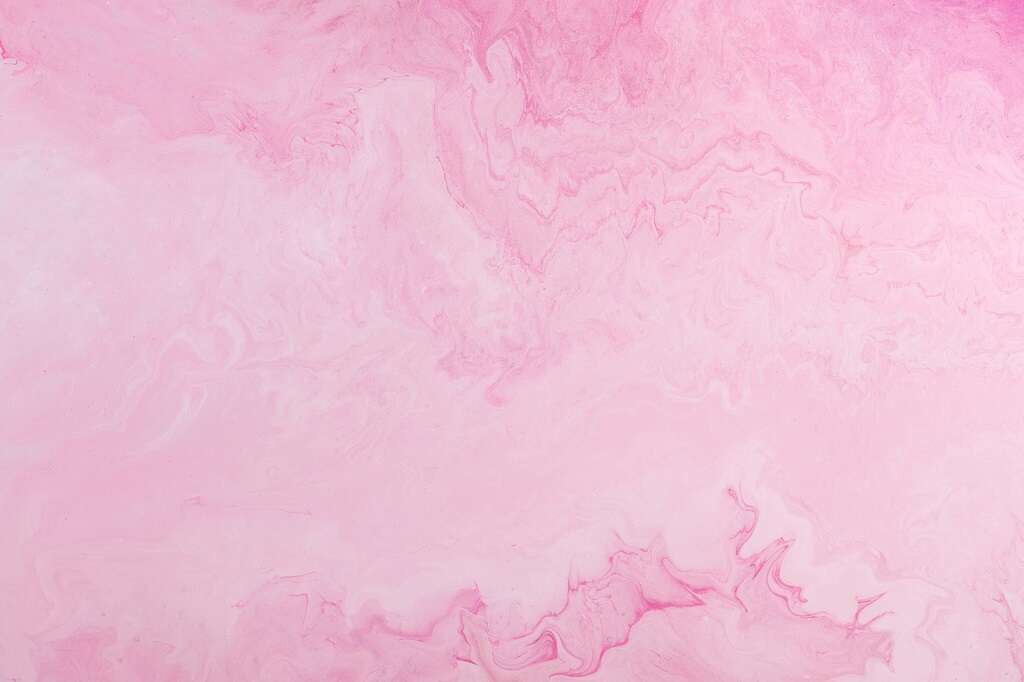
Nothing
Not all herpes simplex virus cases present with symptoms. Although many individuals experience mild-to-moderate signs, some are asymptomatic carriers. A person can have the infection without any cold sore symptoms.
However, even without the physical body response, people with HSV-1 can infect others through direct contact, such as kissing and sexual contact or sharing drinks, utensils and food. Asymptomatic transmission doesn't ensure the other person infected will also be symptomless.




